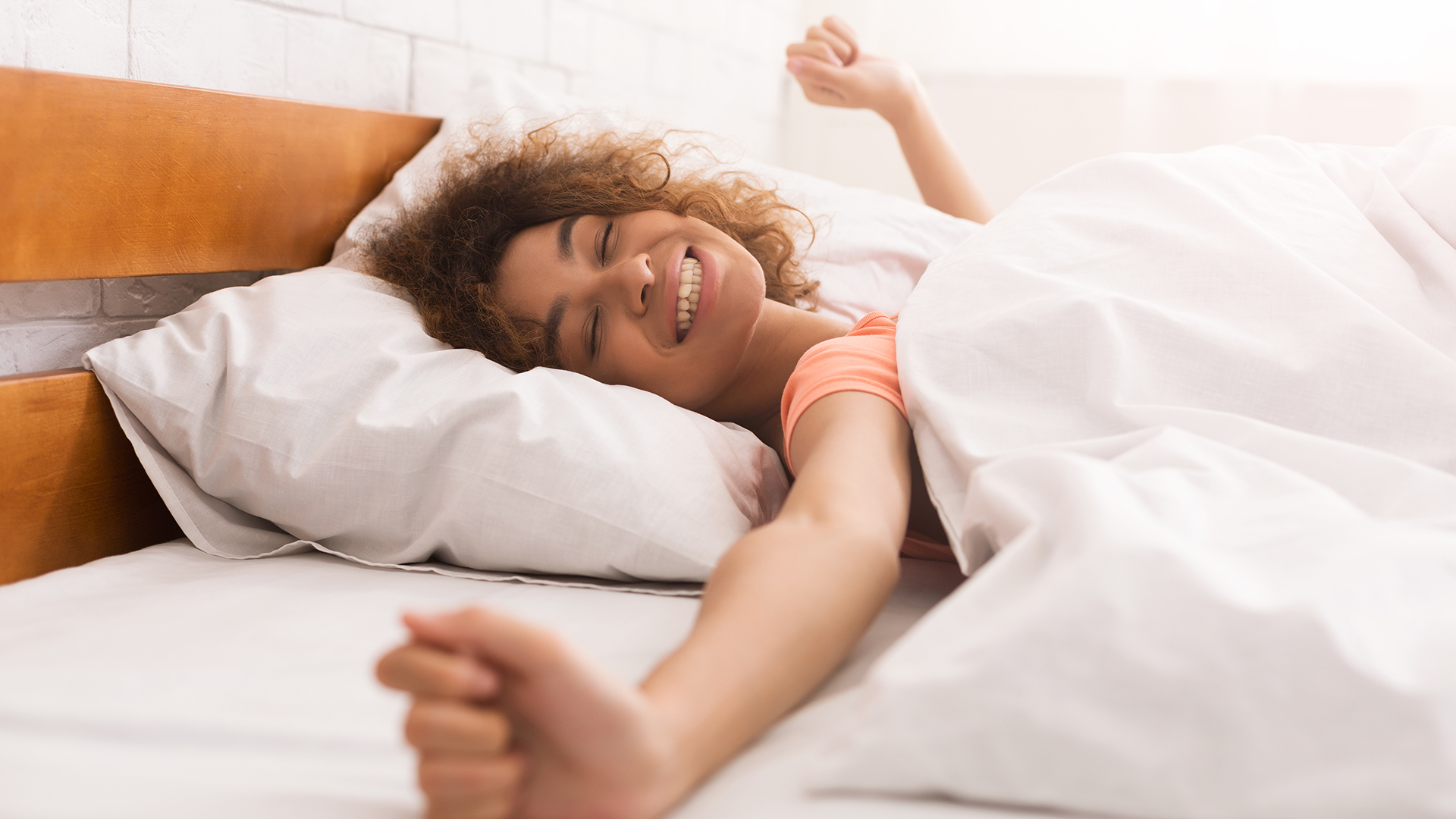

A good night's sleep can make a huge difference to your mood and wellbeing, as well as impacting health in the longer term. The benefits of quality shut-eye are so well documented that it's barely worth going into it here. While there are plenty of tricks that can help – ranging from the quite-obvious (invest in the best mattress for your sleep style, rather than expecting that dodgy old one) to the more surprising (some insomniacs swear by weighted blankets to help them drop off) – there's one technique that costs basically nothing, and is quick and easy enough to fit into even the busiest routine.
Here is it: read for six minutes before you go to bed each night. The technique is based on research conducted at the University of Sussex and reported by The Telegraph back in 2009. In the study, it was found that reading a book reduced participants' stress levels by up to 68%, making it the most effective of all the de-stressing remedies tested.
The theory goes that reading works so well to relax you because it distracts you from your personal anxieties, allowing you to escape your reality and enter the author's world instead. According to cognitive neuropsychologist Dr David Lewis, who led the study, reading enables you to enter an altered state of consciousness that relaxes the brain.
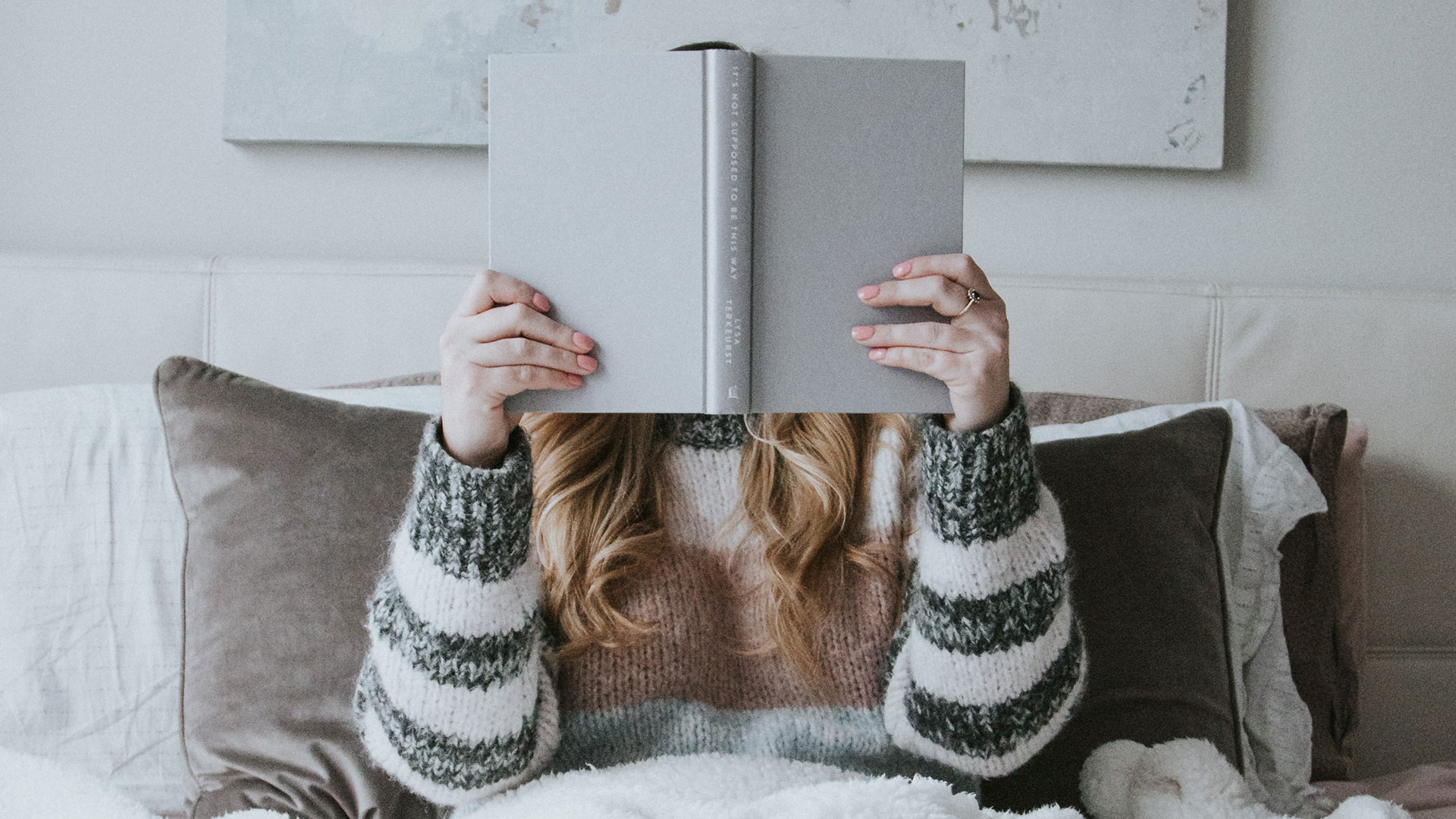
Researches raised the participants' stress levels through a selection of exercises and tests, before asking them to undertake a range of traditional relaxation techniques, such as such as going for a walk, listening to music, or having a cup of tea (although that latter one is perhaps not ideal pre-bed in any case). Things like heart rate and muscle tension were monitored as indicators of stress. Reading was found to be the most effective of them all.
The great part is that the study found that those lowered stress levels were evident after only six minutes of quiet reading. That's short enough to not impact your daily routine too much at all. Although of course, you might end up extending that period if you end up getting hooked into your current book.
Those findings were backed up by a national UK survey in 2021 from Penguin Random House, which found that those who read as part of their bedtime routine tended to sleep better, and for longer, than those who didn't. Reading was also rated as one of the most effective sleep aids – outperforming yoga, white noise, and even prescription sleep aids.
Sign up to the T3 newsletter for smarter living straight to your inbox
Get all the latest news, reviews, deals and buying guides on gorgeous tech, home and active products from the T3 experts
Ruth is a lifestyle journalist specialising in sleep and wellbeing. She has tested more mattresses than her small flat can handle and will talk at length about them to anyone who shows even a passing interest, and has had to implement a one-in-one-out pillow policy for fear of getting smothered in the night. As well as following all the industry trends and advancements in the mattress and bedding world, she regularly speaks to certified experts to delve into the science behind a great night's sleep, and offer you advice to help you get there. She's currently Sleep Editor on Tom's Guide and TechRadar, and prior to that ran the Outdoors and Wellness channels on T3 (now covered by Matt Kollat and Beth Girdler-Maslen respectively).
-
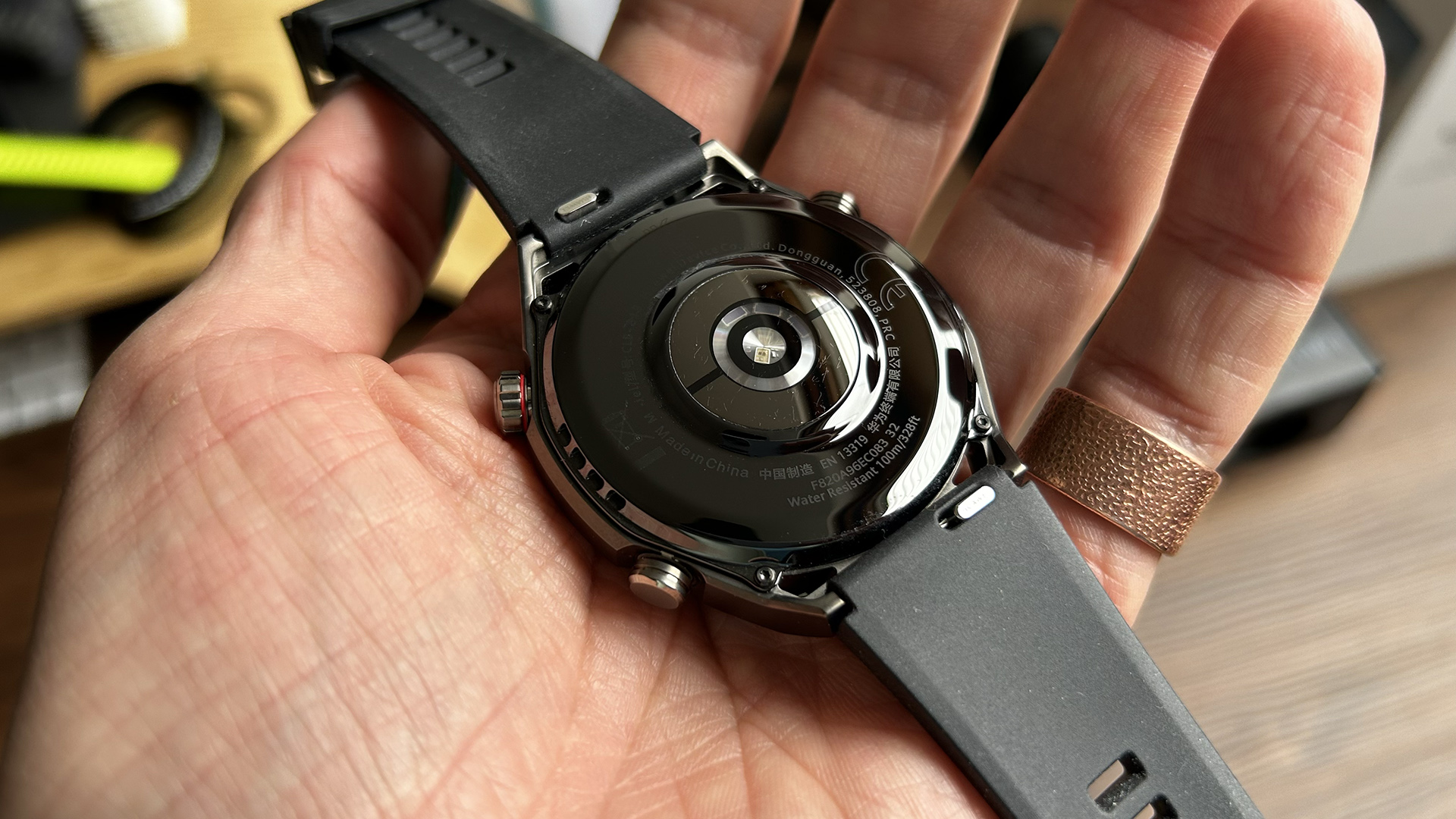 Quietly, this Chinese brand built one of the most comprehensive health wearable systems in the world
Quietly, this Chinese brand built one of the most comprehensive health wearable systems in the worldWith the launch of the Distributed Super-Sensing Module, Huawei returns to the top of the wearable market in top form
By Matt Kollat
-
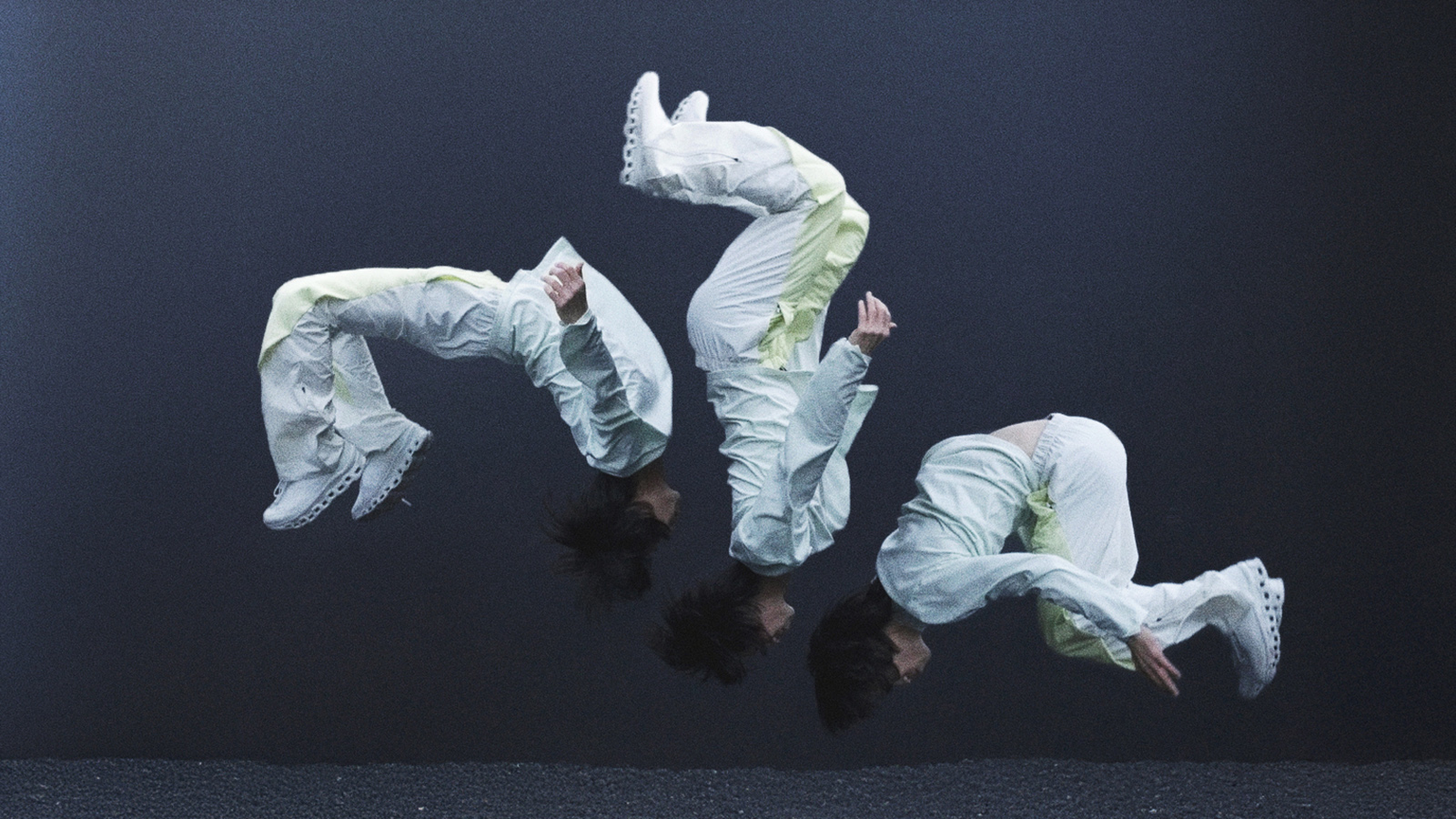 6 offbeat products from premium outdoor and fitness labels you didn't know existed
6 offbeat products from premium outdoor and fitness labels you didn't know existedWho would have thought these products existed?
By Matt Kollat
-
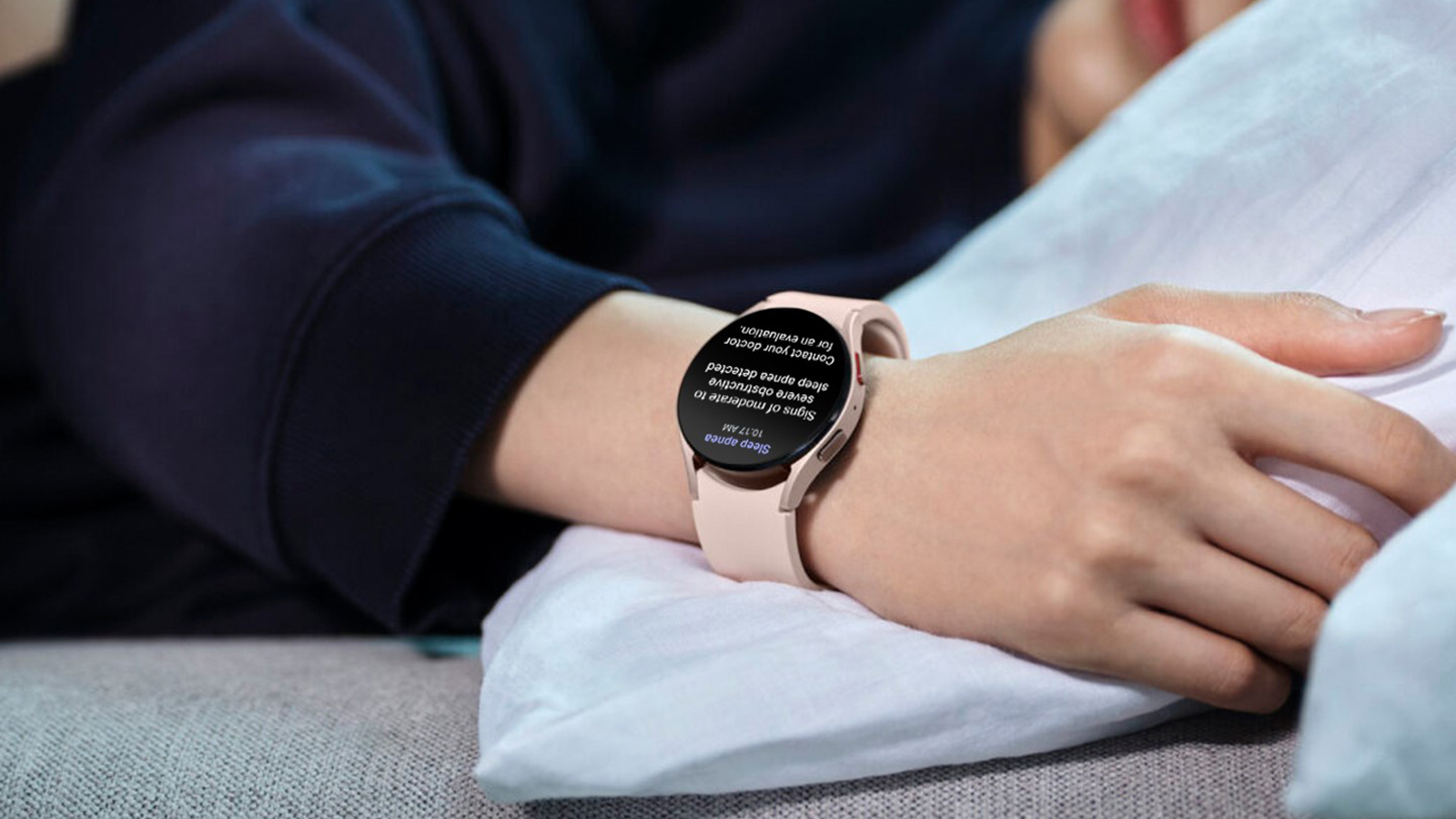 Do smart sleep gadgets actually improve your sleep? T3 investigates...
Do smart sleep gadgets actually improve your sleep? T3 investigates...Sleep gadgets like Oura Ring 4 and the Withings Sleep Analyzer could help you get those eight hours per night
By Max Slater-Robins
-
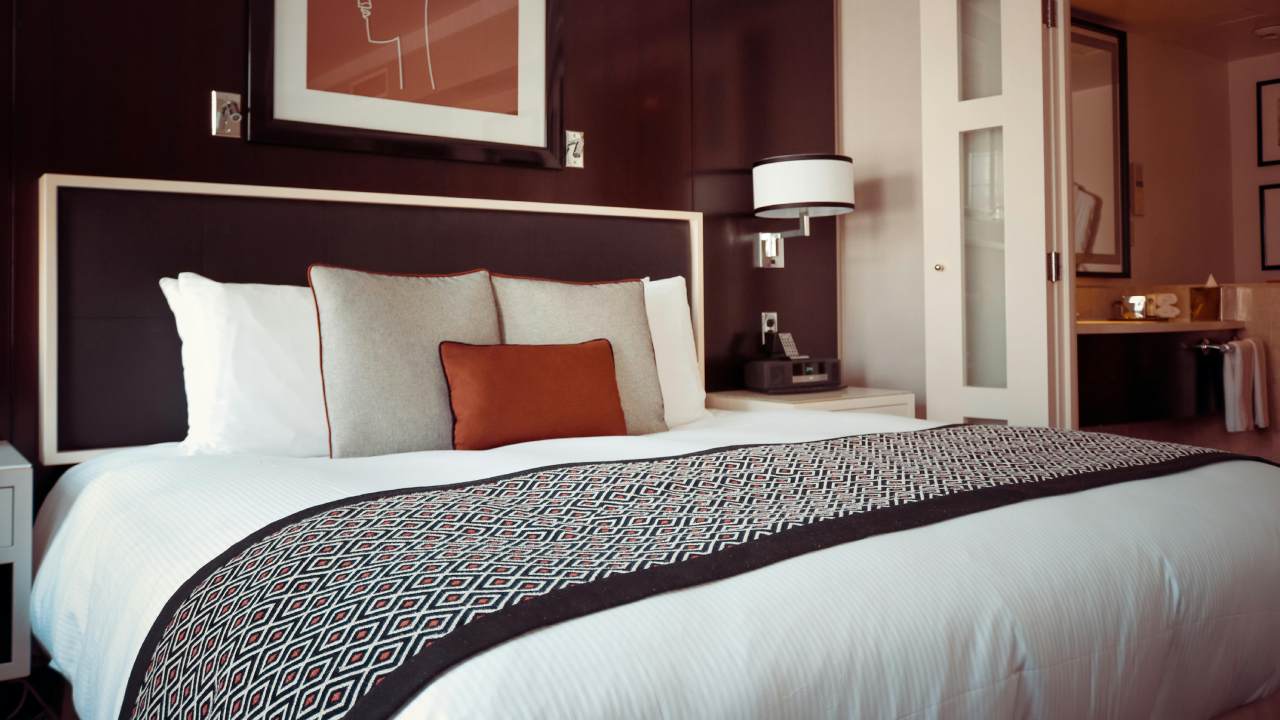 I stayed in 5 hotels in 2 months – here’s how to get hotel-worthy bedding at home
I stayed in 5 hotels in 2 months – here’s how to get hotel-worthy bedding at home7 hotel-inspired bedding tips to make your own bed just as cosy
By Bethan Girdler-Maslen
-
 I spent 6 weeks with the FoodMarble Aire 2: here’s what I learned about my gut health
I spent 6 weeks with the FoodMarble Aire 2: here’s what I learned about my gut healthI’ve been testing the clever breath-testing gadget with the companion app over several weeks to find out if it delivers on its promises
By Lee Bell
-
 Oil pulling is going viral on TikTok for stopping morning breath – but does it actually work?
Oil pulling is going viral on TikTok for stopping morning breath – but does it actually work?4 hacks that prevent morning breath, according to a sleep expert
By Bethan Girdler-Maslen
-
 These limited edition McLaren x Loop earplugs are what you need for Formula 1 season
These limited edition McLaren x Loop earplugs are what you need for Formula 1 seasonMcLaren teams up with Loop on limited edition noise-reducing earplugs
By Bethan Girdler-Maslen
-
 5 sleep supplements that help me achieve 8+ hours of rest every night
5 sleep supplements that help me achieve 8+ hours of rest every nightIt took me years to perfect my sleep routine – here are the supplements that helped
By Lizzie Wilmot
-
 3 reasons why you wake up at 3am every night – and how to avoid it
3 reasons why you wake up at 3am every night – and how to avoid itAlways waking up in the middle of the night? This could be why…
By Bethan Girdler-Maslen
-
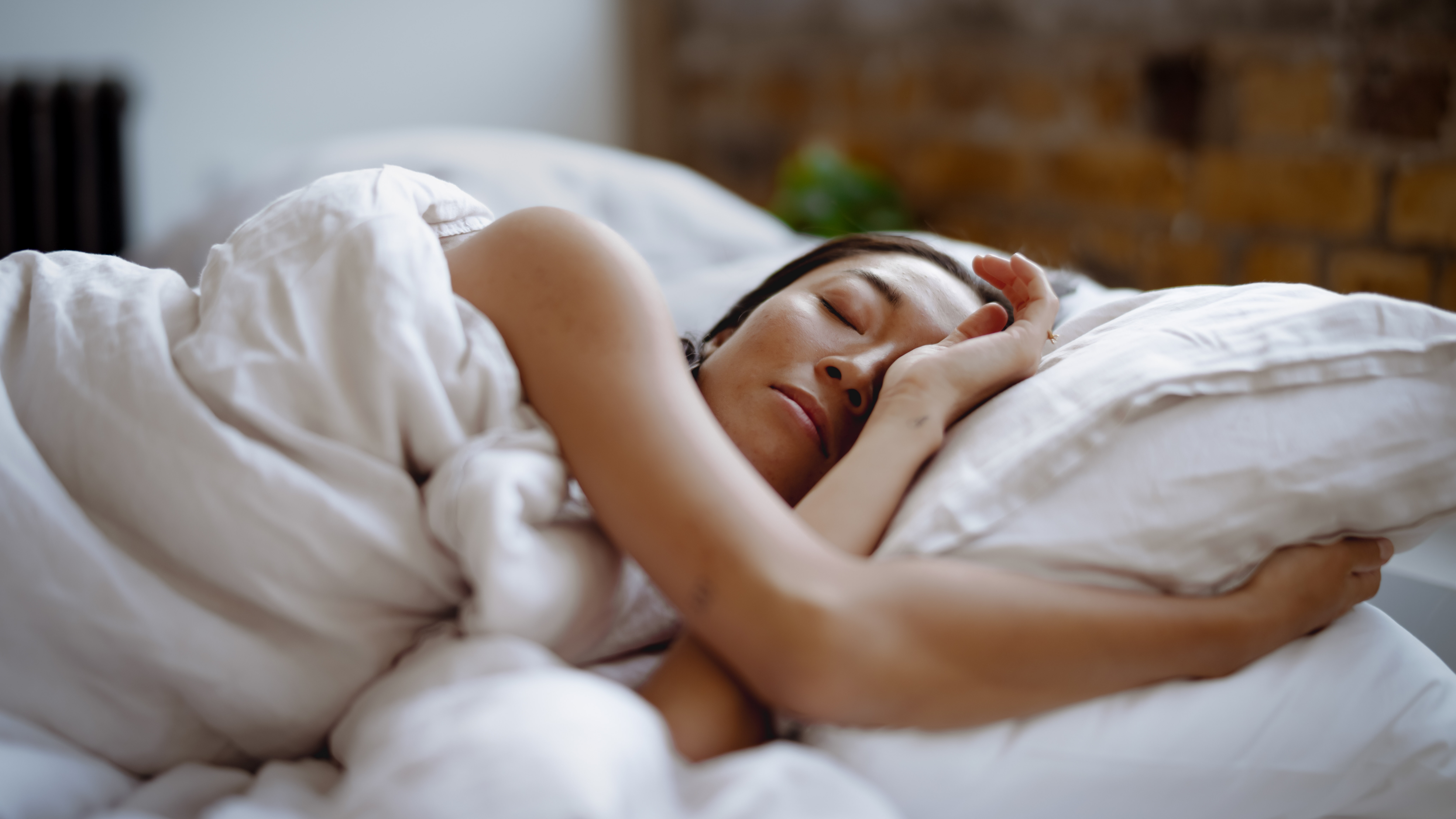 This tiny device will automatically disable your distracting apps before you sleep
This tiny device will automatically disable your distracting apps before you sleepSay hello to Kip...
By Lizzie Wilmot